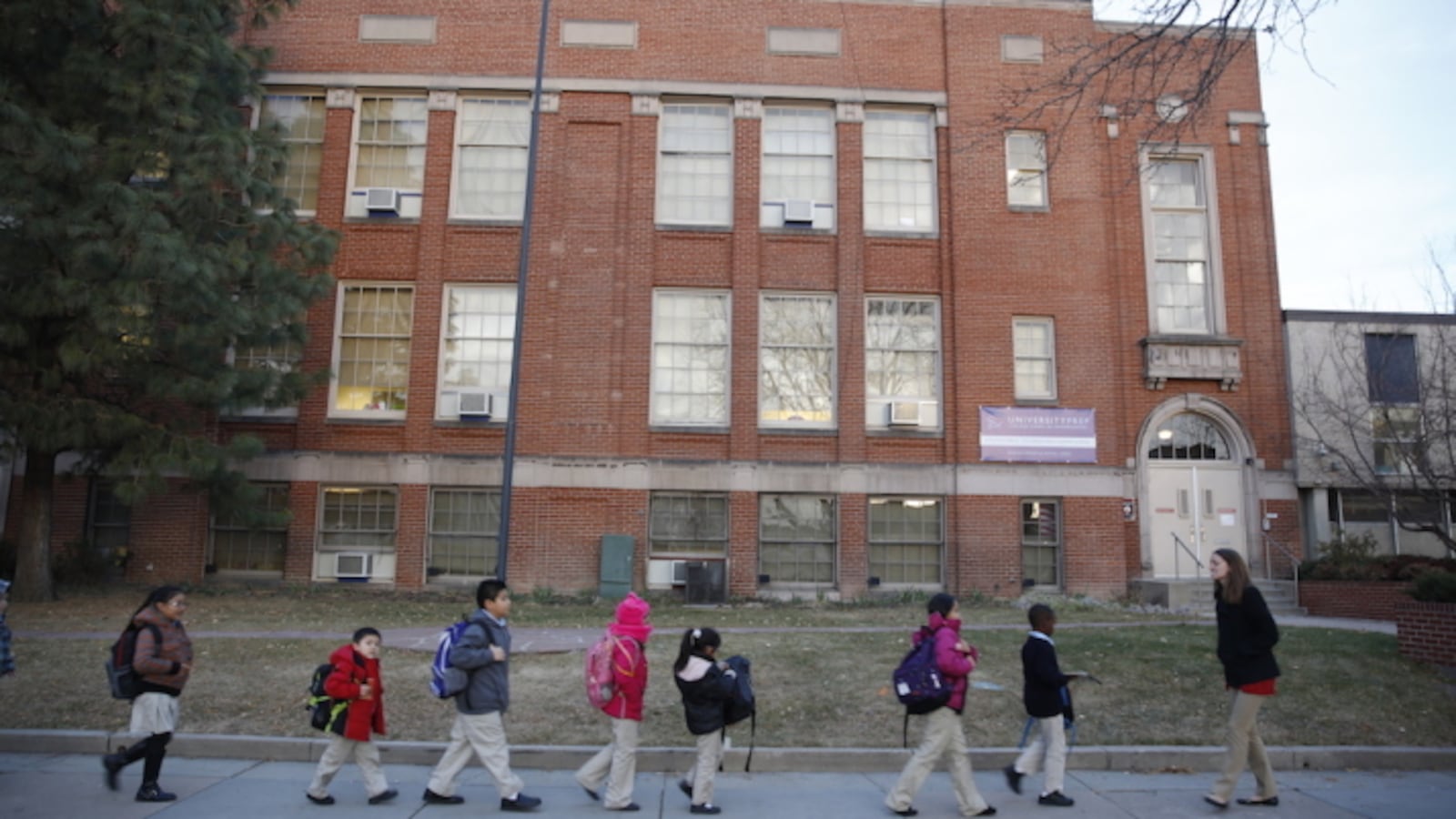When middle schools in a brownstone Brooklyn district with a hyper-competitive admissions process consider prospective students next year, they will no longer be able to factor in how families ranked them on their applications, officials said Wednesday.
Parents and experts have long lobbied for that change because they say the current system forces families to fill out their applications strategically, while often penalizing those who list their true preferences. Because the top middle schools in District 15 — which includes Park Slope, Carroll Gardens, and Sunset Park — each receive hundreds of applications, they generally only consider students who rank them first or second.
“For years, families have felt as though their options were limited to two top schools on their applications,” District 15 Superintendent Anita Skop said in a letter to parents Wednesday announcing the change. They “have felt as though they need to be strategic, rather than honest in their ranking of choices.”
The middle school admissions process varies across the city, but most districts currently use “blind ranking” systems that do not show schools where they were listed on a student’s application. The citywide high school admissions process also works that way.
Beginning next school year, District 15 will join the three-quarters of districts that do not show middle schools how applicants ranked them. (Seven of the city’s 32 school districts will continue to share the rankings with middle schools.)
“I am pleased to announce that we are making positive steps toward a more inclusive, equitable and family-friendly middle school admissions process for all of the District 15 community,” Skop wrote in the letter to families.
The district’s current process can be torturous for parents.
The odds of making it into one of the district’s most sought-after middle schools are dauntingly low: M.S. 447, The Math and Science Exploratory School, for instance, had slots for fewer than 10 percent of its 1,448 applicants last year. Yet parents must rank those schools first or second to be considered.
That means many families apply to those top schools and are rejected, only to find that schools they listed lower on their applications have filled up with students who ranked them first.
“If you don’t get into your first choice, in some cases you’re just screwed,” said Pamela Wheaton, managing editor of the website Insideschools. “People have been protesting this for years.”
The district’s more affluent parents often turn to their social networks, email groups, or paid consultants to help them rank their choices in a way that maximizes their odds of getting into top schools. Meanwhile, lower-income parents with less time to make sense of the process may list schools in a way that reduces their odds.
“A process in which schools see who ranks who further entrenches already entrenched inequities,” said said Neil Dorosin, executive director of the Institute for Innovation in Public School Choice, who helped design New York City’s high school admissions system. “That’s just fundamentally unfair and wrong.”
M.S. 839, a new middle school in the district, uses a random admissions lottery. For that reason, some parents automatically rank the school third so that they can save their top slots for schools that consider ranking, said principal Michael Perlberg. He said some parents have received their first ranked choice but appealed that decision because they actually preferred M.S. 839.
The policy change to blind rankings “is going to allow parents to sit down with their kids and do a ranking that’s really authentic,” Perlberg said. “We’re really excited about that.”
The change could complicate the screening process for district schools that attract large numbers of applicants.
For instance, New Voices School of Academic and Creative Arts, which received 1425 applications last year, requires applicants to sit for an interview and an audition. However, it only invites students who ranked the school first or second to go through that process. Now, it may be forced to invite in many more applicants.
A district spokesman said the policy change was made in partnership with the local principals. He added that individual districts decide whether or not to allow middle schools to see how families ranked them, and that District 15 could serve as a model for districts considering moving to a blind-ranking system.
Superintendent Skop also informed parents that middle schools cannot consider letters of recommendation during the admissions process. That rule has already been in place, but district leaders say that parents continue to submit letters to schools.
Correction [May 12, 2016]: An earlier version of this story misstated when District 15 middle schools will stop receiving information about how applicants ranked them. That change will happen when schools review applications in early 2017, not fall 2017.

